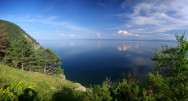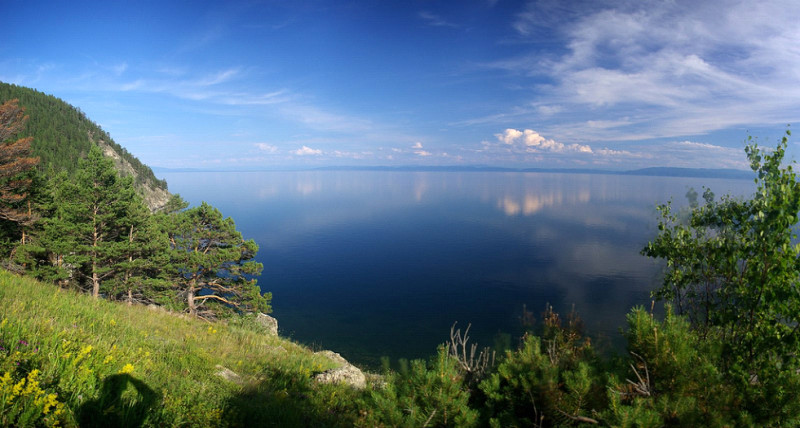
Off-Grid girl on American Idol
All the way from a remote mountaintop 6 miles from Crawford CO, Jeneve Rose Mitchell didn’t think she was ready to take her small-town voice to the biggest of stages, but the final season of “American Idol”has made the 15-year-old a national face.
Jeneve has lived for the past eight years in a straw bale home with no running water or electricity.
“We can’t get power lines up there,” she tells the TV audience, “so we use kerosene lanterns. Twice a week, during ‘American Idol’ season, we turn on a generator to get the TV going.”
Jeneve’s quiet corner of elk wilderness where she spends much of her free time training horses and playing music, is “definitely lonely sometimes,” she admits.
“Me and my mom and my dad pretty much fend for ourselves on our ranch. Sometimes we go (back)packing. We are big campers.”
Her mother, Jenny, is a heath care provider and operates a local family clinic. Jeneve’s father — who also serves as her vocal coach — is a carpenter. He built the family’s home by hand using straw bales and mud from the mountainside.
With a cello draped across her body — you’ll have to see it to believe it — Mitchell stood out in a crowd of nearly 10,000 this fall in Denver and was selected to play in front of “American Idol” judges Keith Urban, Jennifer Lopez and Harry Connick Jr.
Not only did Mitchell secure a spot in front of the trio of musical stars, she’s also likely to appear in the premiere episode of the 15th and final season of “American Idol” airing Wednesday, Jan. 6, on Fox. The second night of the premiere airs on Thursday, Jan. 7.
In advance of the premiere, Mitchell spoke in a telephone interview about her decision to audition for the show, her musical background in Crawford and the rather unorthodox way she grew up watching “American Idol.”
Melinda Mawdsley: Thank you so much for your time. This is the final season of “American Idol.” I’m guessing that helped push you into an audition.
Jeneve Rose Mitchell: Yeah. I’ve always wanted to try out for “American Idol” but was going to when I was older and more polished, but since this was the last season, I decided to just go for it. I pretty much grew up watching “American Idol.” We turned on the generator up here just to watch “American Idol.” Otherwise, we don’t have power up here.
Mawdsley: Um, what? Where do you live?
Mitchell: I was born in Las Vegas and lived there until I was 7. My parents bought a bunch of property on a mountain near Crawford five years before I was born. My dad grew up near here. When I was 7 we moved here. When we moved here my mom had my dad build her a clinic.
Mawdsley: Is your …

 In 2011, Sylvain Tesson left his home in Paris for a 6 month stay, on his own, on the edge of Lake Baikal. He stayed in an old geologist’s hut that was heated by a cast-iron stove and attempted to lead a “simple life and claim back time”.
In 2011, Sylvain Tesson left his home in Paris for a 6 month stay, on his own, on the edge of Lake Baikal. He stayed in an old geologist’s hut that was heated by a cast-iron stove and attempted to lead a “simple life and claim back time”.